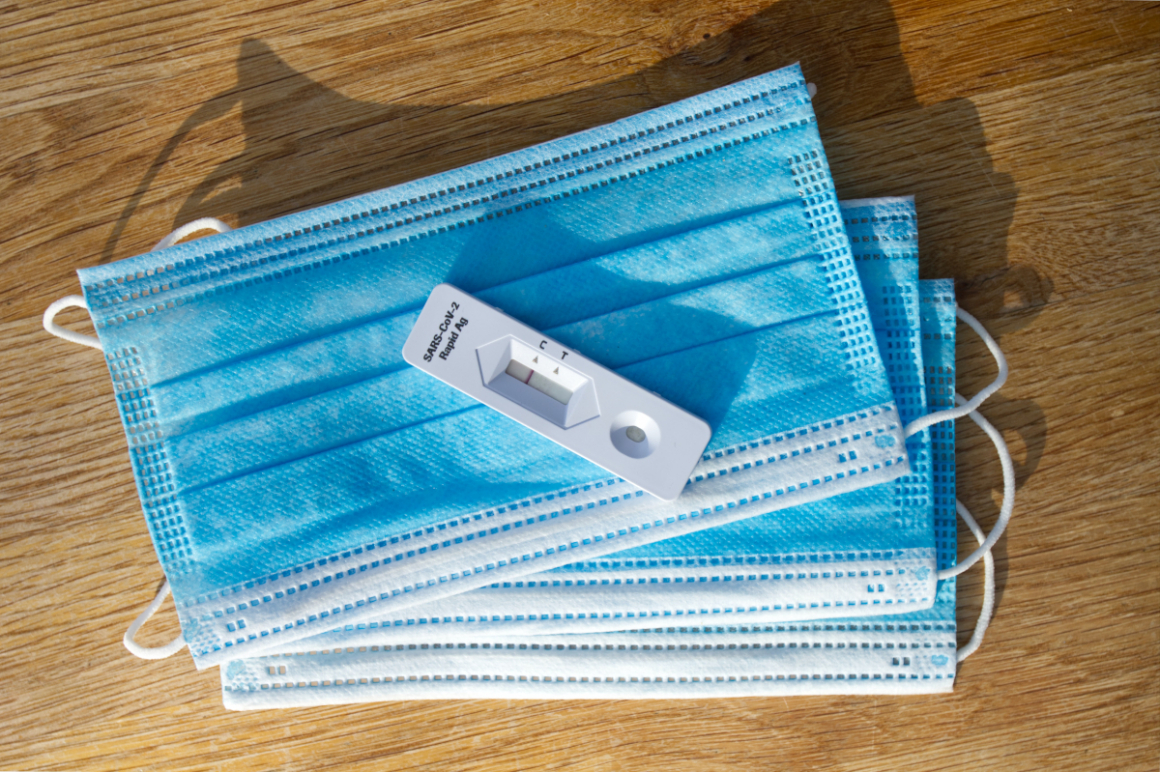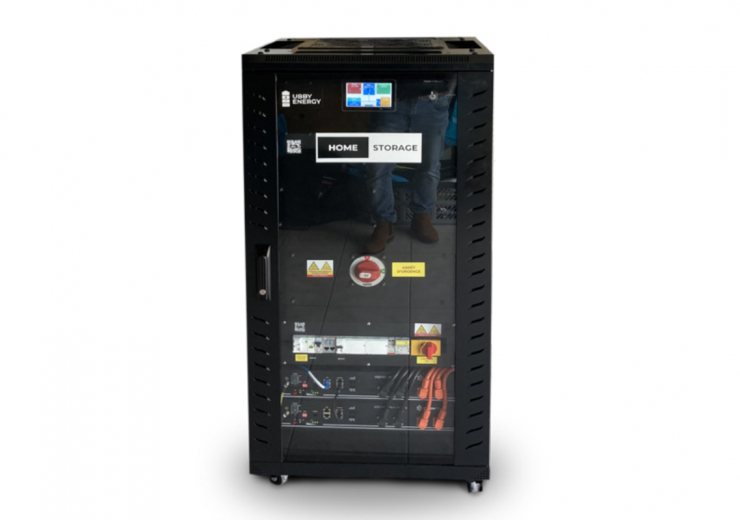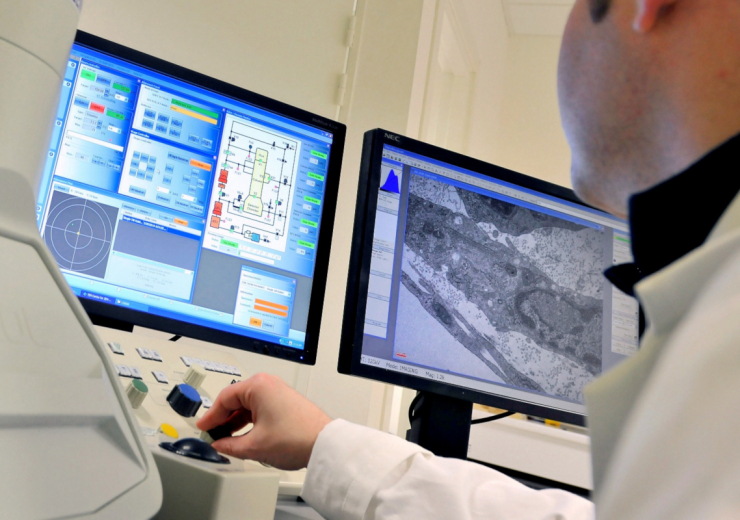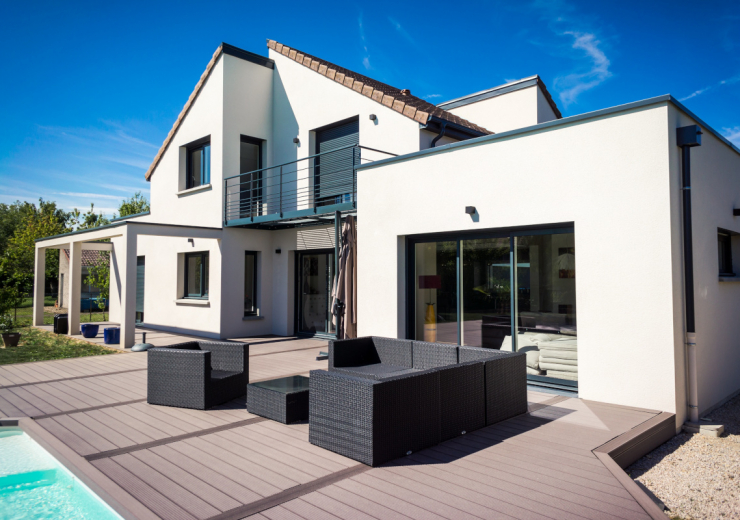Attonuclei, a specialist in quantum dots, has invested €3.5 million over two years in a new generation of synthetic tests that are based on a quantum biomolecule. The Atlantic France company is applying for funding from the France 2030 programme to help with their industrialisation.
Attonuclei has been creating quantum dots since 2013. These artificial atoms are tiny semiconductor particles that can be integrated into different media to give them new properties, such as human cells or electronic chips.
A Covid test based on innovative materials
For the past two years, the Nantes-based company has invested 3.5 million euros and has focused its R&D efforts on a new generation of Covid tests based on a biochemical quantum reagent (QBR). As opposed to the current tests, which are of animal origin, this QBR is 100% synthetic. Han Athalin, founder of Attonuclei who has a PhD in quantum physics, wants to promote “a European sovereignty project“, given that the reagents for current tests come mainly from China.
For this product, the company has created a specific quantum dot, functionalised by a molecule (peptide) that replicates the functioning of the ACE2 cell by biomimicry. ACE2 is a key protein in the physiology of Covid-19 as it is required for the entry of the Sars-CoV-2 virus into the host cells.
One of the most promising companies in Europe
In addition to developing the quantum biomolecule, Attonuclei has worked on the cassette (the test container), so that it can produce a complete kit. In order to industrialise it, the company is applying to the France 2030 programme for €7.5 million.
The company, which achieved a turnover of €4.5M in 2020, is already involved in biotherapies as a member of the SUccESS consortium (Synergy for a universal skin substitute), which is a €21 million hospital-university research programme aimed at developing new products for burn victims. For SUccESS, Attonuclei has created two types of quantum dots, with either anti-inflammatory or antimicrobial properties.


 日本語
日本語  Français
Français 



